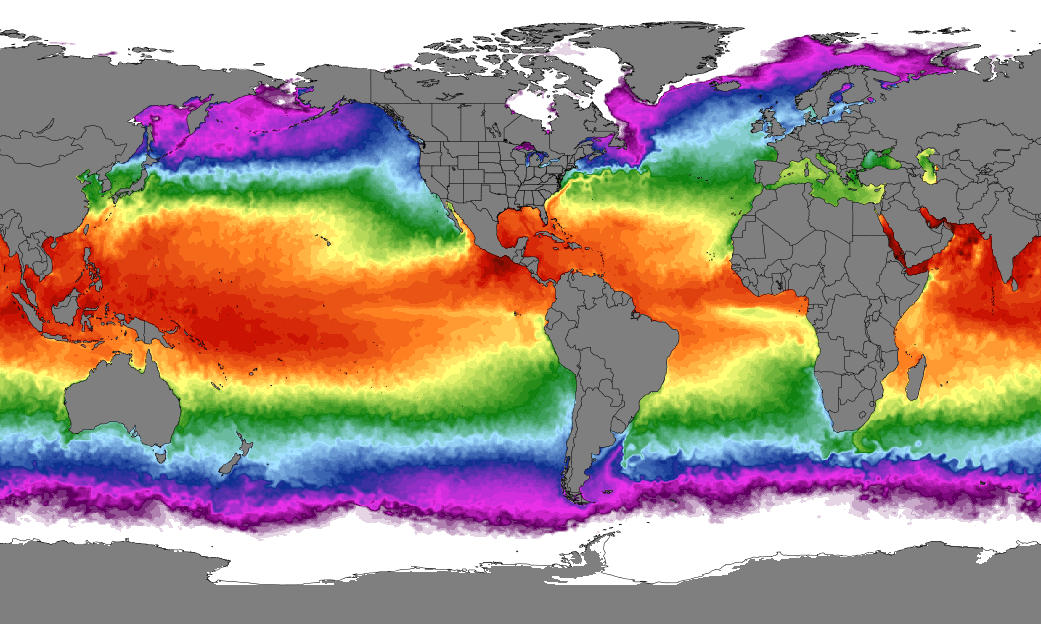Welcome back to The Planetwide Blog, with weekly posts so that you can follow global changes that Wild City Plants is tracking.
The world is a constantly changing place, and now more than ever it can be difficult to remember the events a day, week, or month previously. This is a window into some recent events in climate change and global affairs.
This week, of Friday, June 16th, 2023
- As of today, June 16th, The Canadian Interagency Forest Fire Centre reports that at least 5.4 million hectares, or over 20,000 square miles, of forest have burned as part of the ongoing fire season. The total area burned is roughly equivalent to the state of West Virginia, or the countries of Costa Rica or Croatia. Extreme heat and dryness in past years have built the right conditions for these huge fires to start and continue, and the rest of the summer remains open for further activity to develop. Smoke continues to pour into the northern United States and has reached as far as Norway after being carried by winds across the North Atlantic. We continue to monitor the situation and will include information in our weekly updates as long as necessary.
- The Associated Press reported yesterday, June 15th, that UN Chief António Guterres issued a statement saying fossil fuels are "incompatible with human survival". This is a view that we at Wild City Plants also hold, seeing the incredible pace of climate change, the effects of which can now be observed on a daily basis. Chief Guterres has chastised industry executives for huge profits totaling nearly $4 Trillion in the past year alone, while only spending a fraction of a fraction of those profits on climate change mitigation. Most companies within the Oil and Gas Industry are either outright hostile to any regulation of their emissions, or otherwise indifferent. For those who do claim to engage in carbon capture, many times CO2 is simply pumped back into existing oil wells in order to increase production, which results in a net increase of emissions. Much work needs to be done to change this.
- Niño cycle. While the Niño cycle is responsible for warmer periods and more extreme weather, the temperatures we are hitting are highly abnormal and are well over both the historical average and all previous records since reporting began. Additionally, the typical cycle of warming and cooling was pushed further into the year, with ocean temperatures continuing to rise well after their typical peak, and with cooling falling far short of previous years. The presence of abnormally high water temperatures across the planet is sure to intensify already worsening storm systems and we will continue monitoring its impacts as the year progresses.

